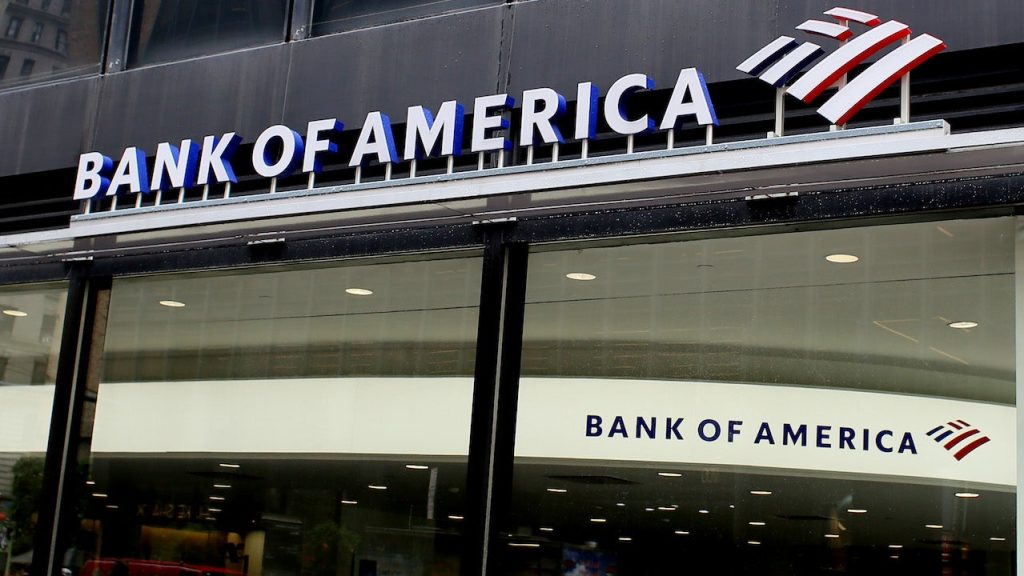Bank of America Sounds the Alarm: Global Stocks Are Overvalued
Asset allocation in September reflected stronger appetite for equities, with a tilt toward healthcare, telecoms, and consumer discretionary.

Quick overview
- The latest Bank of America global fund manager survey reveals increased market optimism, with 58% of respondents viewing global equities as overvalued.
- Cash levels are at lows and equity allocations have reached seven-month highs, indicating rising confidence in global growth.
- Concerns about inflation and the Federal Reserve's independence remain significant, with 26% citing a second inflation wave as a top risk.
- Asset allocation trends show a preference for equities, particularly in healthcare and telecoms, while gold is not prioritized as a safe haven.
The latest global fund manager survey from Bank of America (BofA) points to renewed optimism in markets, though accompanied by a clear warning: a record 58% of respondents now see global equities as overvalued, slightly higher than August’s 57%.

By contrast, only 10% believe bond markets are trading above fair value.
The report highlights the most bullish sentiment since February, with cash levels at lows, equity allocations at seven-month highs, and rising confidence in global growth. BofA’s composite measure of sentiment—combining cash balances, equity positioning, and growth expectations—climbed to 5.4 points from 4.5 in August, its strongest reading in seven months. Growth expectations jumped to 25%, reversing last month’s gloom when a net 41% anticipated a slowdown.
Fund Managers Track Inflation, Dollar Weakness, and Fed Policy
Managers point to optimism stemming from the end of trade frictions, the beginning of interest rate cuts, and a rebound in bond yields. Still, risks remain front of mind: 26% cite a second inflation wave as the top “tail risk,” while 24% fear the Federal Reserve could lose independence, triggering a weaker dollar. Concerns that trade wars might tip the global economy into recession have fallen sharply, with only 12% naming it as the biggest risk, compared to 29% in August.
The survey also shows a widening gap between short-term rate expectations and inflation outlooks. Just 6% expect higher policy rates, in line with the six-month average, but the share anticipating higher inflation has surged to 49% in 2025, from just 9% in September 2024. Meanwhile, a net 23% expect higher long-term yields—the highest proportion since August 2022.
Portfolio Shifts Reflect Growing Risk Appetite
On the currency front, 38% of respondents say they are increasing hedges against a weaker dollar—the highest level since June—while those leaving currency hedges unchanged dropped to 35%, the lowest this year.
Asset allocation in September reflected stronger appetite for equities, with a tilt toward healthcare, telecoms, and consumer discretionary. Fund managers trimmed exposure to utilities, energy, and UK and EU equities. Relative to historical trends, positioning remains overweight in equities, emerging markets, telecoms, and banks, while energy, the U.S. dollar, REITs, and cash are underweight. Notably, 39% of respondents reported keeping gold allocations near 0%, signaling the precious metal is not currently viewed as a priority safe haven.
- Check out our free forex signals
- Follow the top economic events on FX Leaders economic calendar
- Trade better, discover more Forex Trading Strategies
- Open a FREE Trading Account